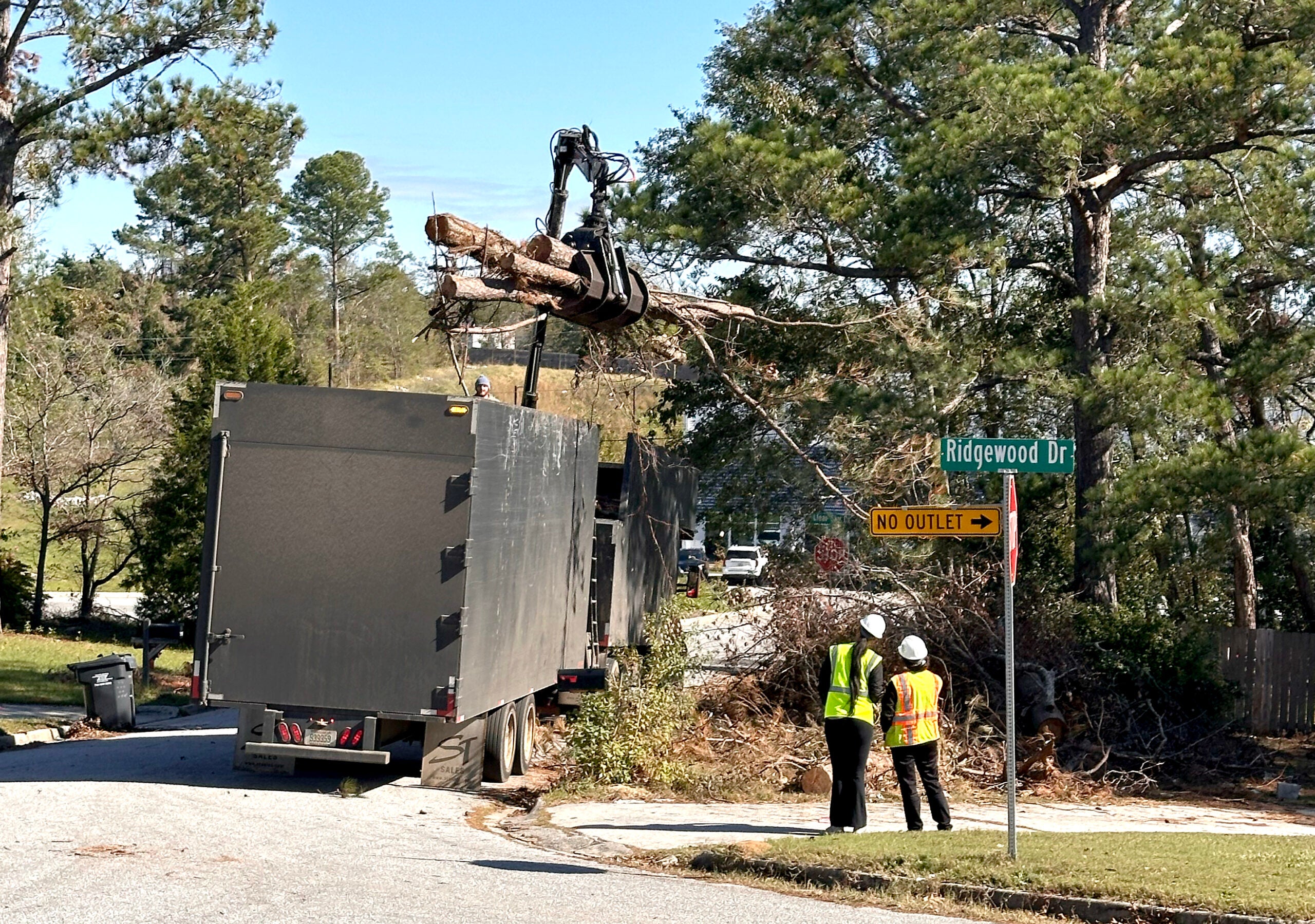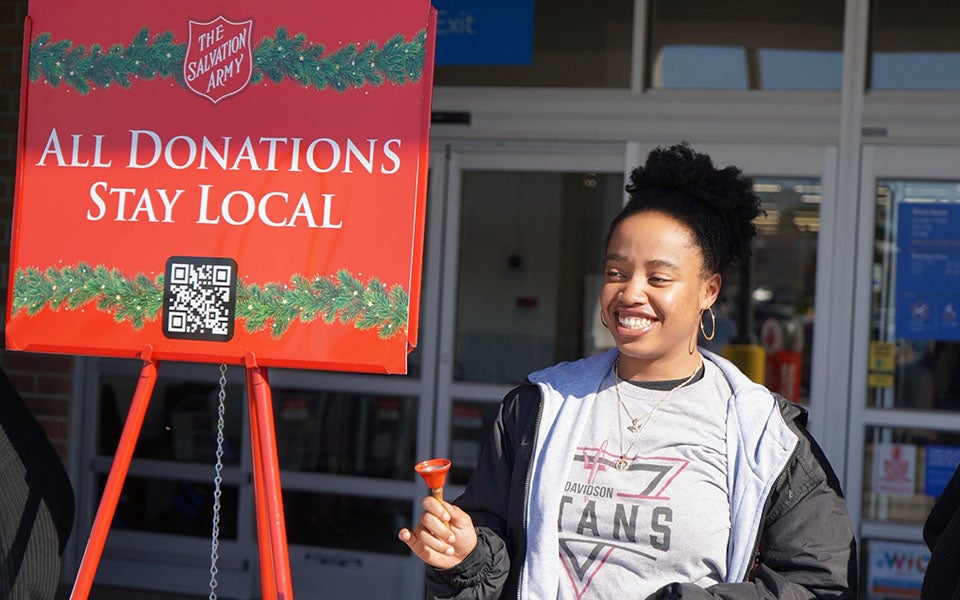When the sun rose over Augusta on Sept. 27, 2024, the city looked unrecognizable. Streets were buried in branches, neighborhoods were dark and the skyline of towering trees was shattered.
“When the sun came up, it was just the beginning of a long nightmare for all of us,” Commissioner Catherine Smith Rice said. “We are still recovering from the devastation, a year later.”
Rice remembered watching Helene’s landfall in Florida’s Big Bend on the news the day before, expecting the storm to veer toward Atlanta instead. “We were the beaten path that nobody expected,” she said. Within hours, Augusta was enduring what she called the worst natural disaster “in my lifetime,” and it “just didn’t stop.”
Counting the cost
All told, the storm caused $81 million in damage to city property, Mayor Garnett Johnson said. To date, $62.7 million has been submitted to FEMA for reimbursement, with $22.4 million “under review,” $36.8 million “obligated” and $2.4 million pending reimbursement.
Crews have removed nearly 19,000 hazardous trees, 528 root balls from rights of way and 65 stumps from cemeteries. In all, more than 4.467 million cubic yards of debris were cleared, Johnson said.
The human toll was just as striking. Johnson said 67,482 households registered with FEMA and 46,944 received assistance, with $66.9 million in aid going directly to Augusta-Richmond County residents.
The storm wreaked so much havoc on the Augusta Canal banks that there were fears of Augusta losing the canal, Johnson added. Repairs are expected to last through the winter, and the public is urged to avoid the area.
‘Ten times worse than the ice storm’
City Administrator Tameka Allen, who took office just a few days before, said Augusta’s response revealed both preparedness and unity.
“Not only did city staff come together as a team, but our community came together as a team,” she said. “Everybody stood up and did what they had to do to make sure that neighbor was taken care of.”
Allen called the devastation unprecedented. “This storm was ten times worse than the (2014) ice storm — it was something no one expected,” she said. “We couldn’t have gotten through this without each other. We had volunteers who may not have had power or food, but they did not hesitate to do what they could… It goes to everybody loving Augusta and loving their community.”
Commissioner Jordan Johnson said Helene upended lives in an instant. “It was complete devastation like we have never seen before,” he said. “We definitely saw families’ lives changed overnight. It showed us how resilient we are and how we come together when it’s most important.”
The “most devastating time in our city’s history” was also the “proudest” time to serve on the Augusta Commission, he said, “because politics don’t matter, but making sure the citizens got the resources they needed does.”
Recovery and resilience
Commissioner Stacy Pulliam said Helene left behind lessons in gratitude. “It’s made us stronger and made us come together and able to love one another,” she said. “The message is, don’t take life for granted. Make things better than how (you) found them.”
A year later, Pulliam urged residents to keep that perspective alive. “Continue to uplift one another and just continue to have a helping heart toward people,” she said. “Share, care and don’t take life for granted.”
Fire Chief Antonio Burden said Augusta’s partners at every level, local, state and federal, played a vital role. “Augusta can never thank our partners enough,” he said.
Burden encouraged residents still in need to contact the city’s long-term recovery committee. “If you’re still in need, please reach out,” he said.
Long-term recovery continues
That committee, led by former Mayor Deke Copenhaver, is focusing on families still living with storm damage. Member Derek Dugan said they are identifying homes with problems such as damaged roofs, leaning trees or destroyed decks.
Copenhaver said the group is “apolitical” and committed to helping where it matters most. Its mission, he said, is guided by “creating bonds of trust” through grassroots engagement, a positive attitude, servant’s heart and fiduciary duty.
For Rice, the devastation remains personal. “We will continue to build back what we have lost,” she said. “I mourn for the families who lost loved ones. Let’s continue to build Augusta back stronger and better.”











